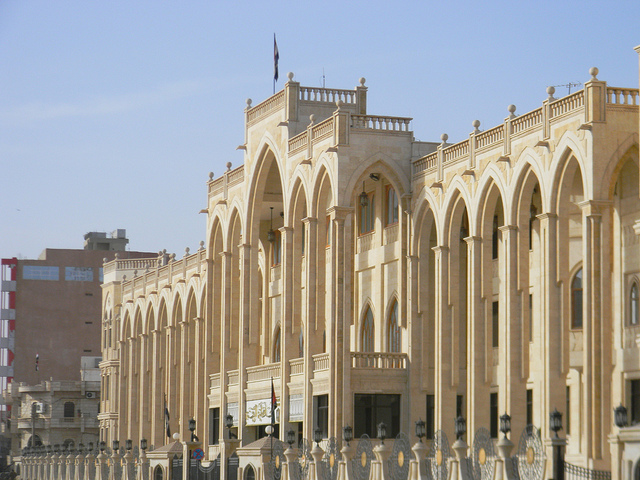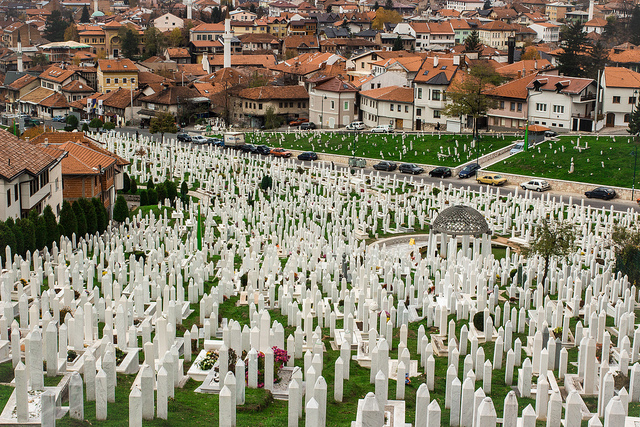
Burkina Faso is one of the poorest countries in the world. Many of its children are forced to work. (Photo: Eric Montford / Flickr Commons)
Cross-posted from View from the Left Bank.
A Nationalist Impulse?
Just a few months after a long-lasting and corrupt government was swept from power, in March of this year (2015), in Burkina Faso, the country’s transitional Minister of Mining and Energy suspended a major mining contract with Pan African Minerals at Tambao, forcing the company to stop operations there. Missing from most press explanations as to why the suspension order was issued was the growing local opposition to Pan African Minerals’ practices. On February 17, 2015, a march in protest was initiated by people in the vicinity of Markoye, the town closest to the mine, seeking Tambao mine operation stoppage until further notice. More than 3,000 local people participated. They opposed the company’s environmental practices (explosions, dust) as well as the fact that the company had reneged on its promise to employ at least fifty locals in the work there and to involve the local community more in the mines’ plans. They demanded that the operations of the mine be completely shut down until these issues were resolved.
Read More








